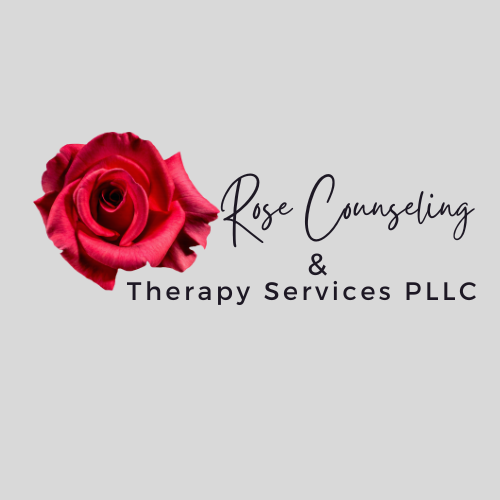Authentic Connections
Relationships shape our experiences, emotions, and overall well-being. Healthy relationships nurture personal growth and happiness. There are several fundamental principles of building and maintaining healthy relationships, whether romantic, familial, or friendships. Effective communication is needed for successful relationships. It involves expressing yourself honestly and actively listening to your partner or loved one. Healthy relationships can engage in open and non-judgmental communication and encourage others to do the same.
Sharing thoughts, feelings, and concerns openly creates a safe and trusting environment. Empathy is the ability to understand and share the feelings of another while fostering a deeper emotional connection. Put yourself in your loved one's shoes and try to understand their perspective. Showing empathy validates their emotions and strengthens your bond. In comparison, trust provides a strong foundation for healthy relationships. It's built over time through consistent and reliable behavior. Practical ways to build trust include keeping your promises, honesty, and respecting boundaries. Healthy relationships require clear boundaries. Boundaries define where one person ends and the other begins, ensuring that both individuals maintain their autonomy and emotional well-being. Boundaries can be communicated openly and respectfully to your loved ones. They are a sign of self-respect and self-care. Also, spending quality time together fosters connection and strengthens bonds. Try engaging in activities you enjoy, whether walking, cooking together, or having meaningful conversations.
Conflict occurs in relationships. However, how you handle it can make a significant difference—approach conflicts with empathy and active listening. Focus on the issue at hand rather than attacking the person. Find compromises and solutions that work for both individuals. In addition, self-care is essential in maintaining healthy relationships. Taking care of your physical and emotional well-being ensures you bring your best self to the relationship.
Forgiveness is necessary in relationships, too. It is a powerful tool in maintaining healthy relationships. Holding onto grudges or resentment can erode trust and emotional connection. Learn to forgive not only your loved ones but also yourself. Forgiveness allows for growth and healing. Healthy relationships require effort, communication, and commitment.
By practicing effective communication, empathy, trust, and self-care, you can build and maintain strong connections that enhance your well-being and happiness. Remember that relationships are dynamic, and they evolve. You can create and nurture meaningful and fulfilling connections with patience, understanding, and a willingness to grow.
